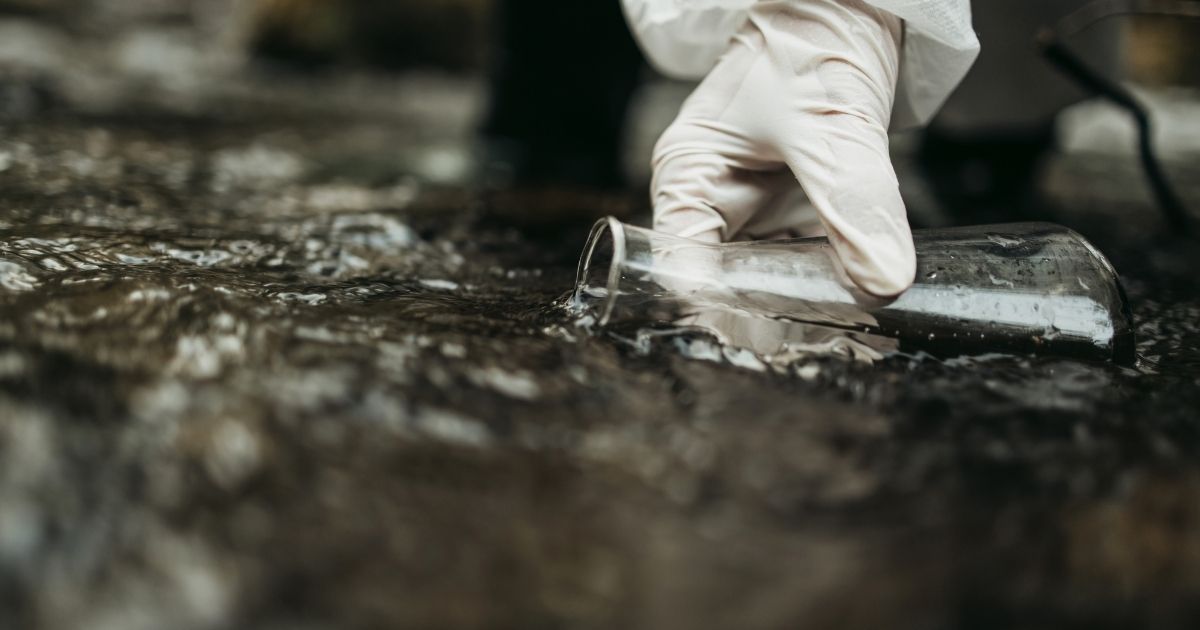MENU
- Home
- Overview
- Attorneys
- Practice Areas
- Firm News
- Blog
- Contact

Camp Lejeune is a Marine Corps base camp in North Carolina that has been in use since the 1940s. In the early 1980s, due to water contamination, potentially hazardous chemicals were detected in two water treatments plants that provided water for the base.
These water contaminants are linked to serious health problems, including several types of cancer. Individuals who lived and/or worked in or near Camp Lejeune from the 1950s to the late 1980s may have been exposed to these chemicals and have or be at risk of developing these conditions.
Traces of four chemicals were detected in drinking water sources at Camp Lejeune.
Benzene is a colorless liquid, flammable liquid that has a slight sweet odor. Benzene occurs naturally in forest fires, volcanoes, and other areas of eruption. It is also created as a byproduct of human activity.
Benzene is used in a wide range of products and materials, including dyes, detergents, glues, lubricants, resins, and plastics. Initial exposure to benzene can cause dizziness, drowsiness, and headaches. Prolonged exposure is linked to anemia and leukemia.
Tetrachloroethylene (PCE or PERC) is a nonflammable, colorless liquid primarily used in dry cleaning and metal degreasing. It is also used as a “building block” material to create other chemicals. PCE can be released into the air and water where it is produced, exposing those who live and work near these sites to its harmful effects.
In high concentrations, exposure to PCE can cause confusion, nausea, headaches, unconsciousness, and even death. Long-term exposure to PERC is linked to renal disease and non-Hodgkin lymphoma.
Trichloroethylene (TCE) is also a nonflammable and colorless liquid at room temperature. While it gives off an ether-like odor in high amounts, there is no odor at lower levels. TCE is used to degrease metal parts during the manufacturing process of different products. It is also added to paint removers, wood varnishes, adhesives, and stain removers.
TCE that has spilled or been dumped can seep down into the soil and water supply. There is sufficient evidence to suggest long-term exposure to TCE can lead to leukemia, liver cancer, multiple myeloma, and Parkinson’s disease.
Other health problems that may be linked to TCE and/or PCE include:
Vinyl chloride (VC) is a colorless gas that becomes liquid under high pressure or in low temperatures. It does not occur naturally and is formed when other chemicals like TCE and PCE break down. VC is most commonly used to make PVC a, material used in pipes, wires, and other plastic products. At this time, research supports a link between exposure to VC and liver cancer.
Every individual’s reaction to exposure to these and other substances is different. Your prognosis depends in part on your overall health, the method, frequency, and length of exposure, and your lifestyle habits, such as drinking or smoking. Contact your health care provider about your symptoms or concerns.
If you have been diagnosed with cancer or other complications and believe it may be linked to the contamination at Camp Lejeune, legal action may help you recover your medical expenses and other losses. Congress also passed a bill in August 2022 to provide additional benefits for veterans affected by toxic exposure. Contact an environmental lawyer to discuss your case.
If you are dealing with a serious health condition caused by contaminated drinking water at Camp Lejeune, one of our Wilmington environmental lawyers at Jacobs & Crumplar, P.A. can help. Call us at 302-656-5445 or contact us online to schedule a free consultation today. We have offices in Wilmington and Millsboro, Delaware and assist clients in Dover, New Castle County, and Sussex County.